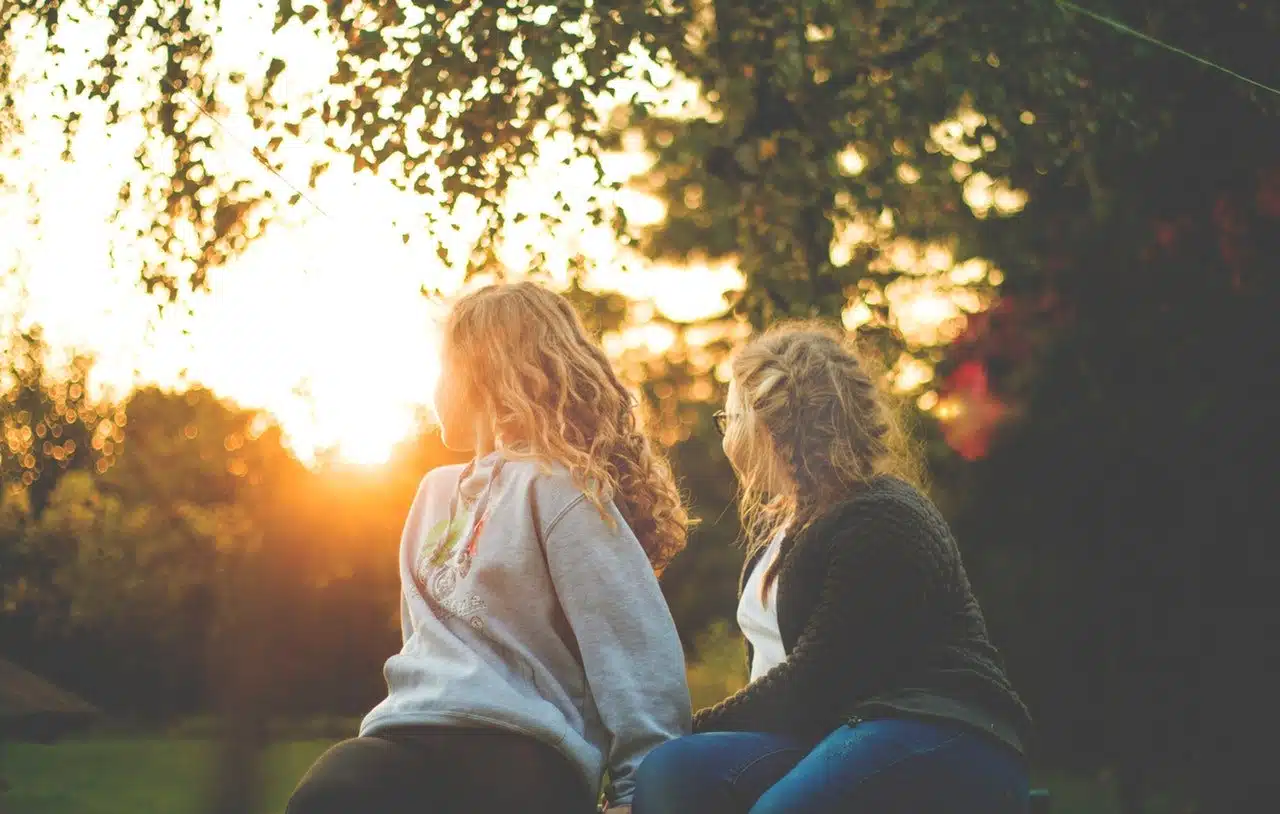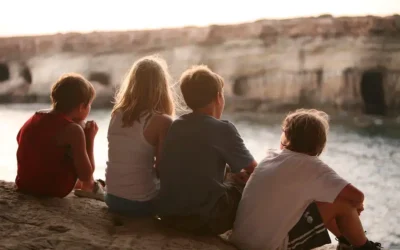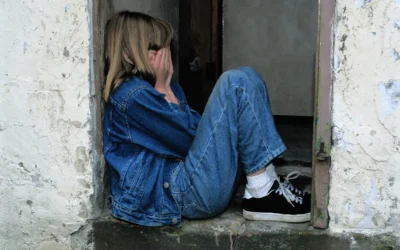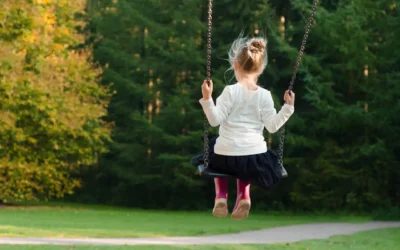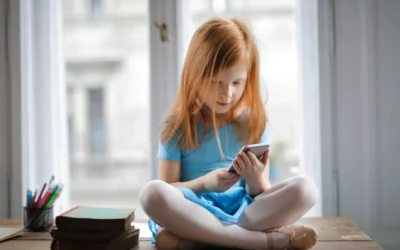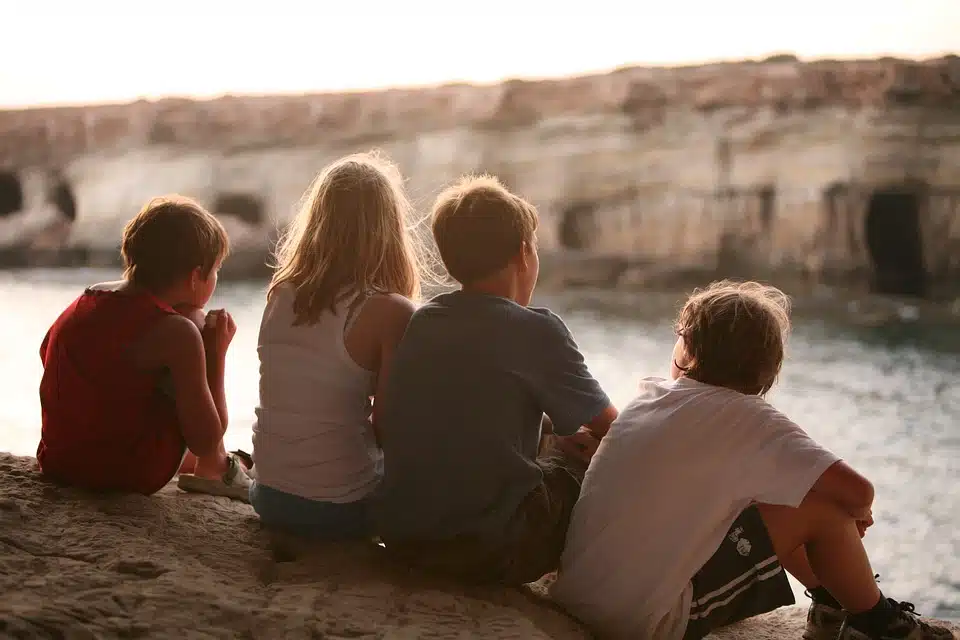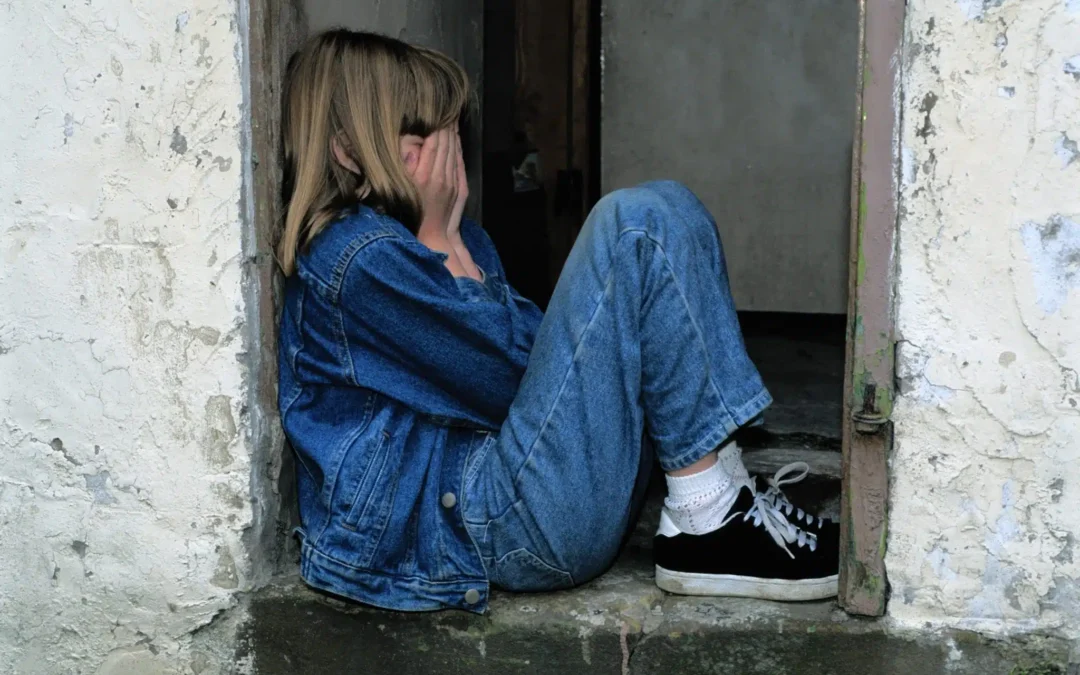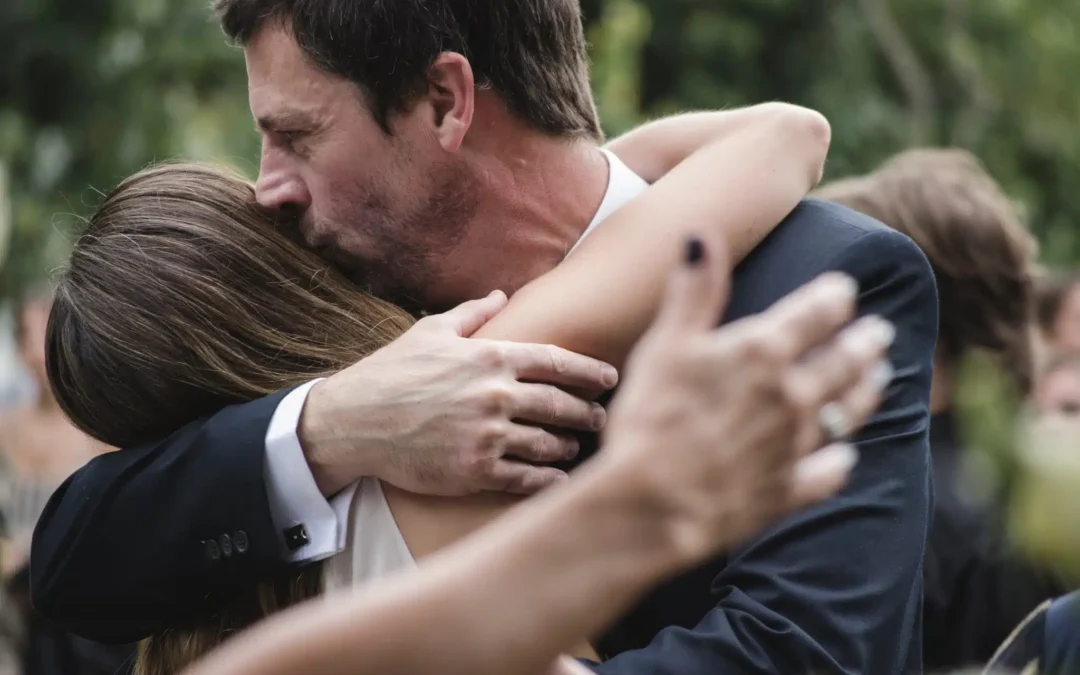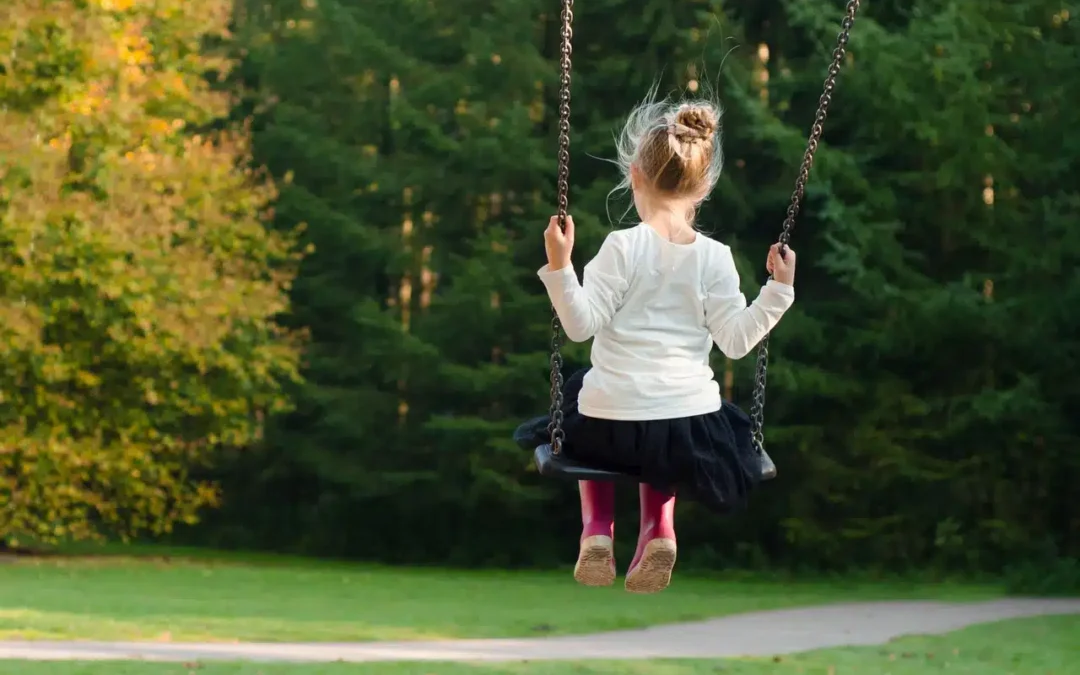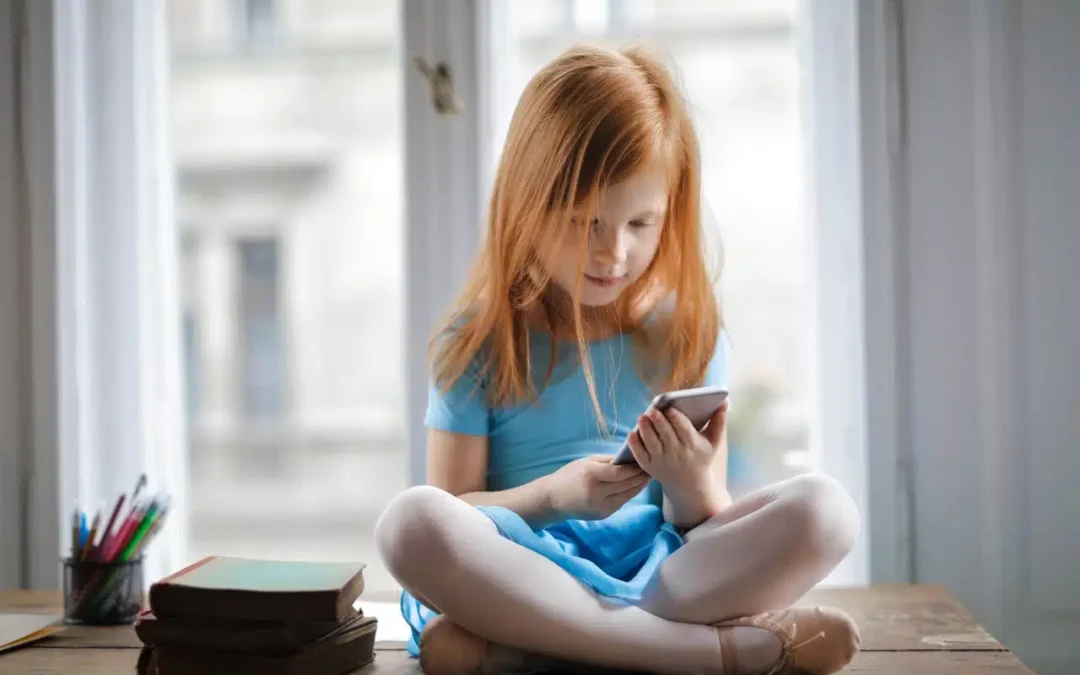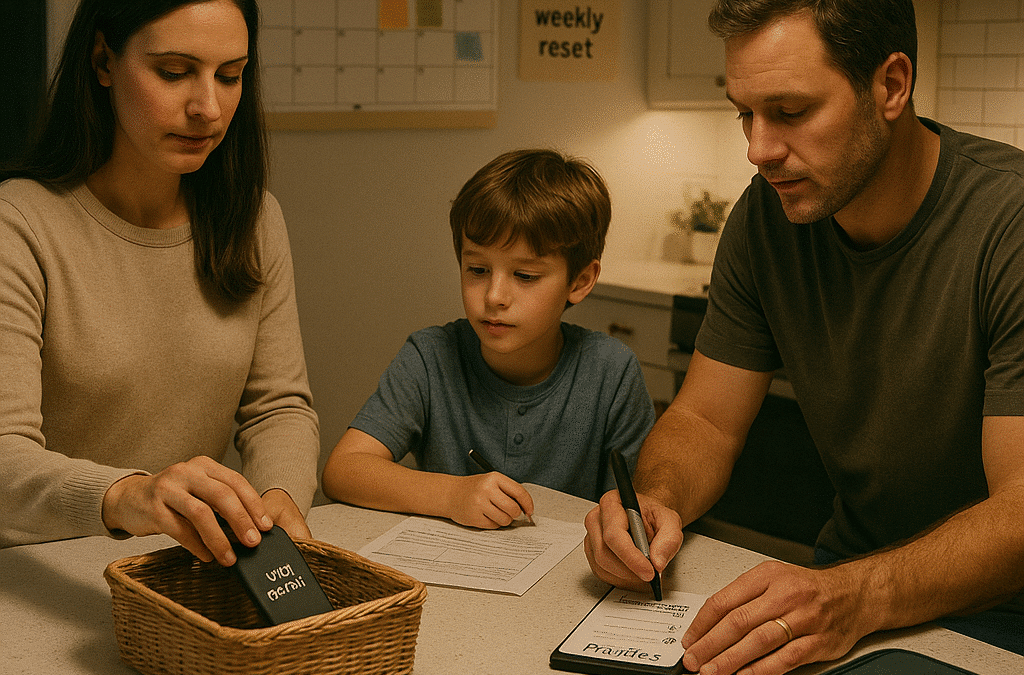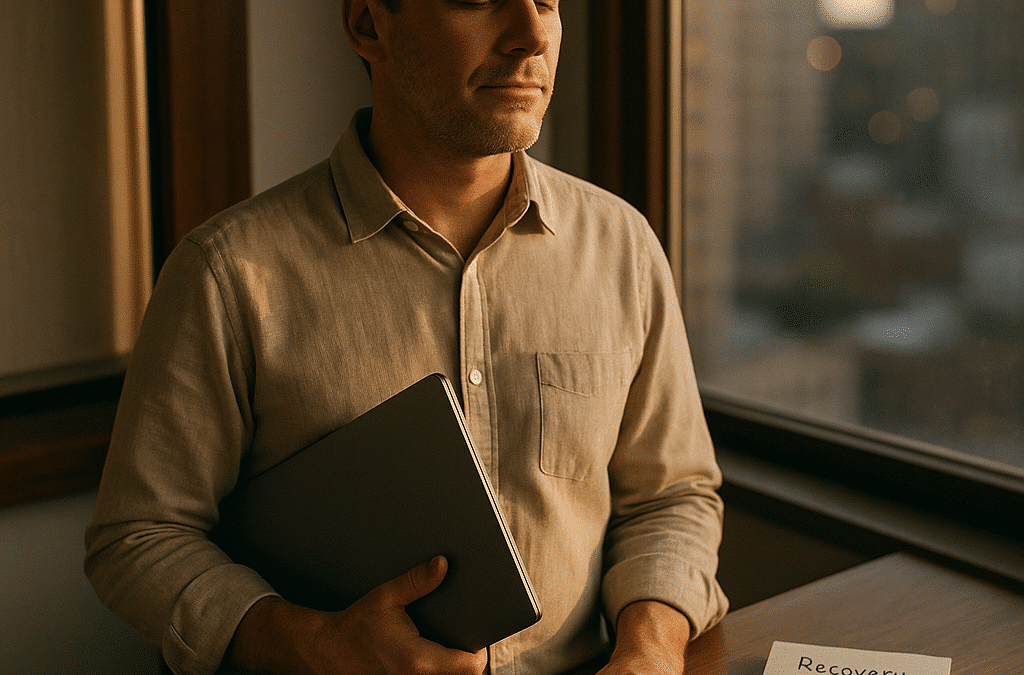It has been an unusual and worrying start to the year to say the least. As we begin 2020, we are more aware than ever throughout Australia of the impact of our environment on our ability to feel safe, healthy and motivated. Making sure we reduce our children’s anxiety is of paramount importance.
For many of us, it’s the constant smoke haze, the smell of fires – even the waking at night to make sure nothing has caught fire, as the smell of burning is so strong. And that’s just for city dwellers.
For those living outside the big cities, in bushfire-prone areas, adjacent to areas that have been devastated or for those who have lost their homes, it’s been impossible or hard to sleep at all.
Right now there is more stress and anxiety surrounding us than most of us have ever experienced.
It’s hard to find opportunities in our days to forget the reality of so much of our country being on fire. Hot days and the potential risk of bushfires can be a time of increased anxiety for many people. Children are also vulnerable, and the increased media coverage and discussion in the community, schools and at home about the fires can raise their alarm.
Bushfire appeals are dominating social media – as are photos of fire-ravaged houses, land, bush, wildlife. Of course, the tragedy of loss of life at this time, in our lucky country, is heartbreaking for us all – especially the deaths of those who were gallantly fighting the blazes.
As adults, we have had some reality checks to help us. We gauge the strength of the smoke and determine whether a trip outside is safe. We listen to the radio for warnings and have a plan to support our escape if that’s what we need to do. But we are still made anxious by the news and social media reports, even though we know how safe we actually are.
As we talk to each other, we are more likely to exclaim at the awfulness of it and increase each other’s anxiety and distress, rather than calm each other down.
That’s the adults – what about the children?
Although children can show remarkable resilience, they can also be very vulnerable to trauma in highly stressful situations. And right now, it is a highly stressful situation.
If you are living in a place where there are actual fires, or have had to evacuate, the children will have picked up on your anxieties as well. There is no doubt that the best way to enhance children’s ability to cope is to help them have a sense of safety and security, and to assist them to feel more in control of their fears. So, sharing with them that you know what is going on and have a plan to look after them and keep them safe, regardless of circumstance, is vital.
Although children sometimes appear to cope well during an emergency, they may be distressed much later. Some children are likely to feel more anxious and stressed than others in the face of a bushfire threat. Cuddling, holding and plenty of affection helps to comfort and reassure these kids.
Talking to them about what is going on and what the adults are doing to make things safe will help to give children a sense of security and closeness. Be aware that they will know if you are still frightened, so don’t just pretend that everything is fine when it’s not. It’s better to let them know that, although you are scared (or sad, or traumatised), you will do whatever needs to be done to make things alright again, and that they are not forgotten.
Older children may react with anger and blame (at parents or others for not keeping them safer), distrust or hopelessness, or may become rebellious or withdrawn. These are common reactions and adults can best deal with them by being patient and understanding while continuing to explain what is happening to keep everyone safe.
Then there are the Australian children who are experiencing anxiety about bushfires, or other threats, but may not be directly at risk.
There are several ways in which parents and carers can help children be aware of the threats, but also reassure them that they are safe and secure:
- Monitor their media exposure. Limit it, or watch the news with them. Being able to talk about what they are watching or hearing can greatly reduce their distress.
- Listen to understand how children are feeling and thinking. Encourage them to talk, but don’t force them. Help them to recognise and put words to their feelings. Let them know it’s normal to feel this way.
- Provide children with opportunities to express their feelings about bad weather or frightening things.
- Provide truthful but simple and thoughtful explanations. Give your child your full attention when answering their questions. Help them to develop realistic thinking about weather events.
- Be aware of how you talk in the presence of children. Children can distort what they hear or see especially when information is received through indirect communication, like overheard adult conversations about worrying things.
- Involve your children in some sort of conservation effort, as simple as helping collect household water for the garden or donation efforts so that they feel they are part of helping the problem.
- Pay attention to your own reactions. Stay calm and show children how you manage your own emotions. This helps to show children that potentially distressing events can be dealt with.
The goal for 2020 is rain. We can’t make that happen. But we can each move towards the protection of the planet, so that we all know we are not helpless in creating a future for ourselves and our children.
Help your children to think about the environment in the way they use water, choose reusable bottles and cups, and turn off the lights when they leave the room. Remember that every little thing we do is making an impact for our future.
Let’s hold our planet close, as we care for ourselves and each other.

